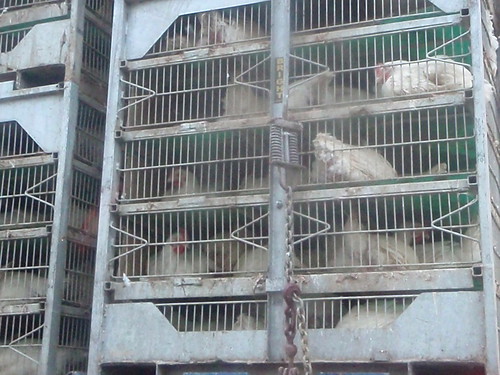Pesticide poisoning has rapidly increased in Argentina as Monsanto-seed pesticided crops ramped up. Meanwhile in Georgia, 90+% of common crops already are doused in pesticides. What effects are all those poisons having on our own children and adults?
Michael Warren and Natacha Pisarenko wrote for AP today, Argentines link health crisis to agrochemicals,
Argentine farmworker Fabian Tomasi wasn’t trained to use protective gear as he pumped pesticides into crop dusters. Now at 47, he’s a living skeleton.
Schoolteacher Andrea Druetta lives in a town where it’s illegal to spray agrochemicals within 550 yards of homes, and yet soy is planted just 33 yards from her back door. Recently, her boys were showered in chemicals while swimming in their backyard pool.
Sofia Gatica’s search for answers after losing her newborn to kidney failure led to Argentina’s first criminal convictions for illegal spraying last year. But 80 percent of her neighbors’ children surveyed carry pesticides in their blood.
Meanwhile, German researchers found pesticides in all samples of urine, and back in the U.S.A. and Canada, researchers found pesticide metabolites in 95% of schoolchildren tested.
90+% of cotton, soybeans, peanuts, and corn around here are doused in agrochemicals, and even Continue reading



